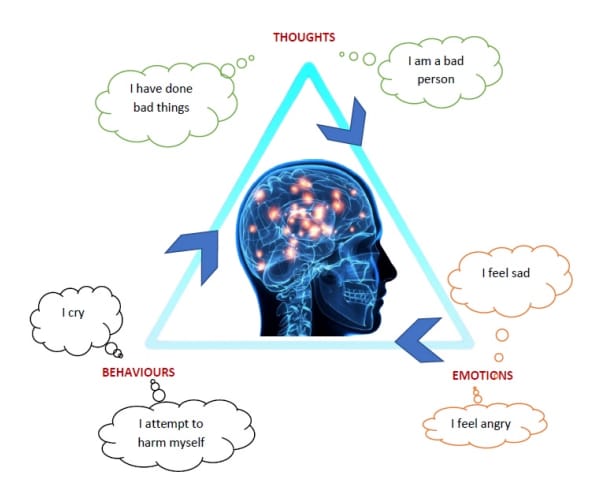
Introduction:
In today’s fast-paced world, mental health is a critical aspect of overall well-being. As we navigate the complexities of life, it’s essential to recognize and understand the behavioral patterns of individuals facing mental health challenges. In this blog post, we’ll delve into the nuances of the behavior of mental health patients and explore ways to create a supportive online environment.

- The Spectrum of Mental Health:
Mental health is diverse, ranging from anxiety and depression to more severe conditions. Understanding this spectrum is crucial for fostering empathy and creating an inclusive online space. - Impact of Digital Spaces on Mental Health:
Explore the influence of online platforms on mental health. Discuss the potential triggers and stressors that individuals may encounter in digital spaces and how website owners can contribute to a positive online experience. - Creating a Safe and Supportive Website:
Offer practical tips for website owners to make their platforms more accommodating. This may include implementing trigger warnings, providing accessible mental health resources, and cultivating a supportive community through moderated forums. - Educational Content on Mental Health:
Develop SEO-friendly content that educates readers on various mental health conditions, symptoms, and coping mechanisms. This not only raises awareness but also contributes to reducing stigma surrounding mental health. - User-Friendly Design for Accessibility:
Discuss the importance of an accessible website design for individuals with mental health challenges. Highlight features such as clear navigation, readable fonts, and a calming color palette to enhance user experience. - Supportive Language and Tone:
Emphasize the significance of using compassionate and non-stigmatizing language when discussing mental health. Encourage website creators to choose words carefully to ensure a positive impact on their audience. - Collaboration with Mental Health Professionals:
Suggest collaborations with mental health professionals to provide accurate and reliable information on the website. This not only enhances credibility but also ensures that the content is beneficial for those seeking support. - Community Building and Peer Support:
Explore the concept of creating online communities where individuals can share their experiences and support each other. Building a sense of belonging can positively impact the mental well-being of users.

Conclusion:
By addressing the behavioral needs of individuals with mental health challenges, website owners can play a pivotal role in fostering a compassionate and understanding online community. As we continue to navigate the digital landscape, let’s strive to create spaces that prioritize mental health and contribute to a more inclusive online environment.